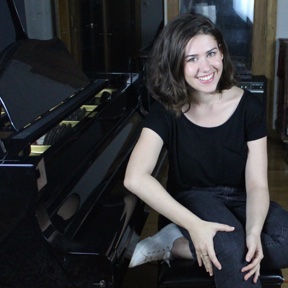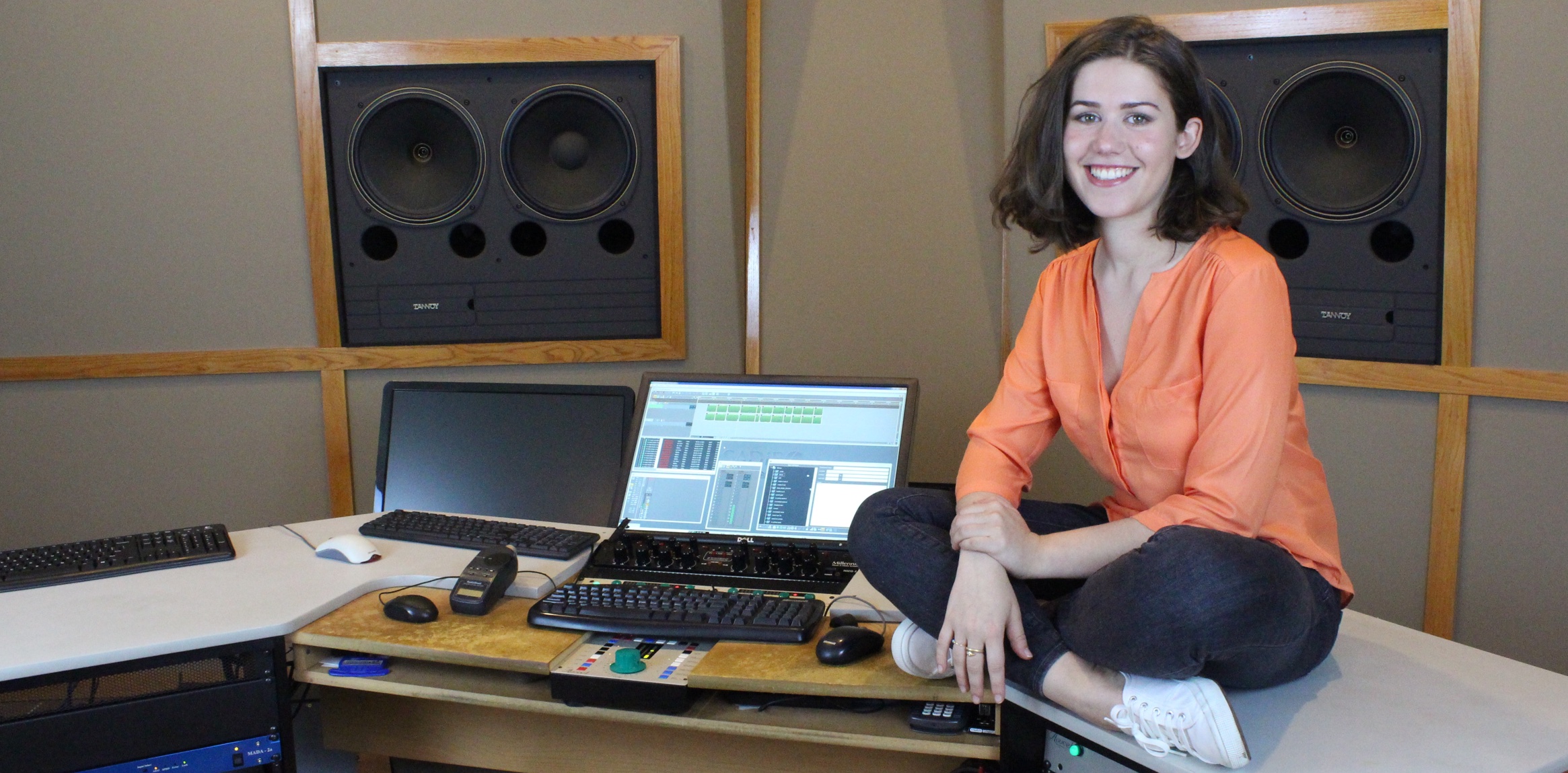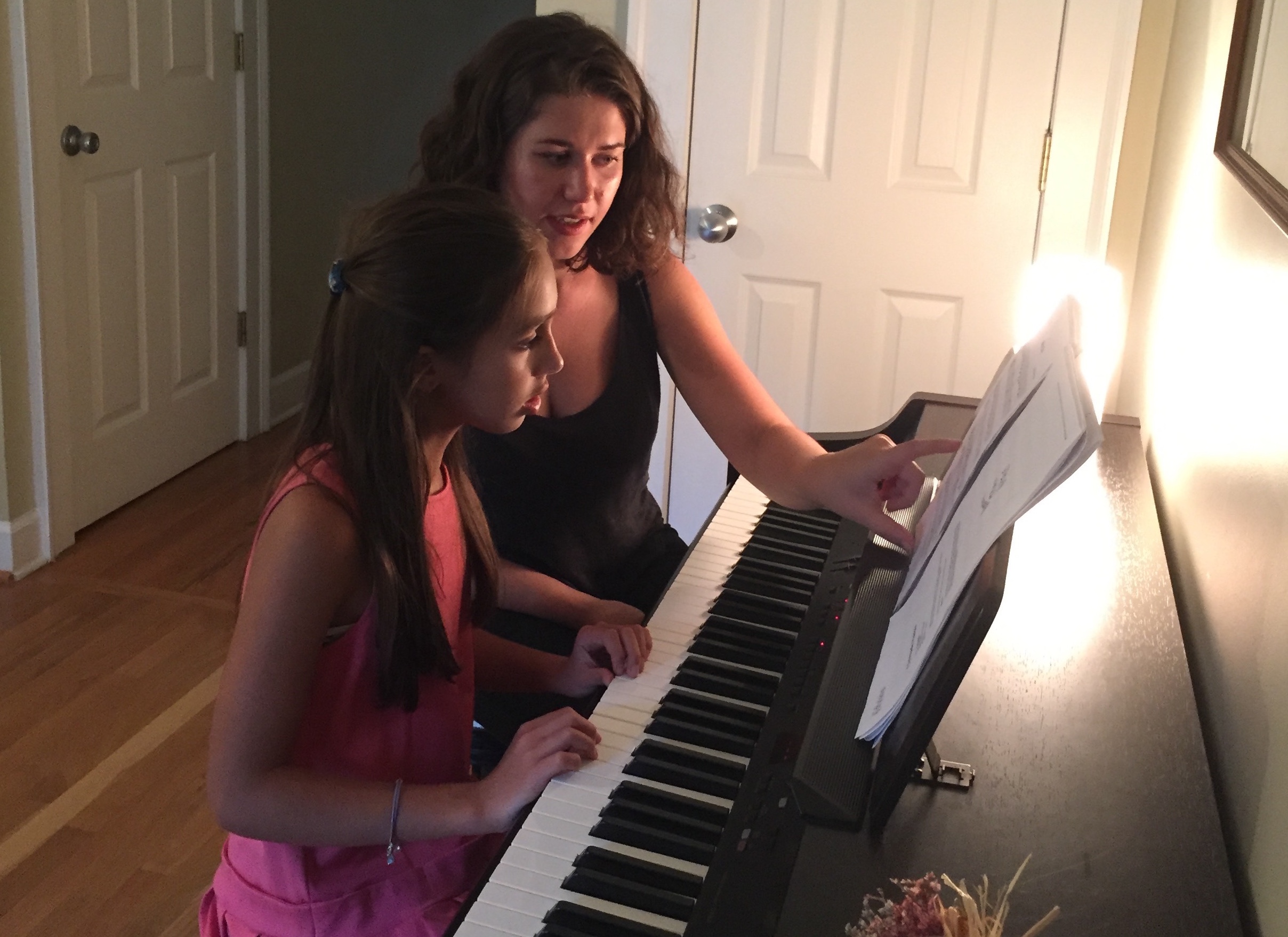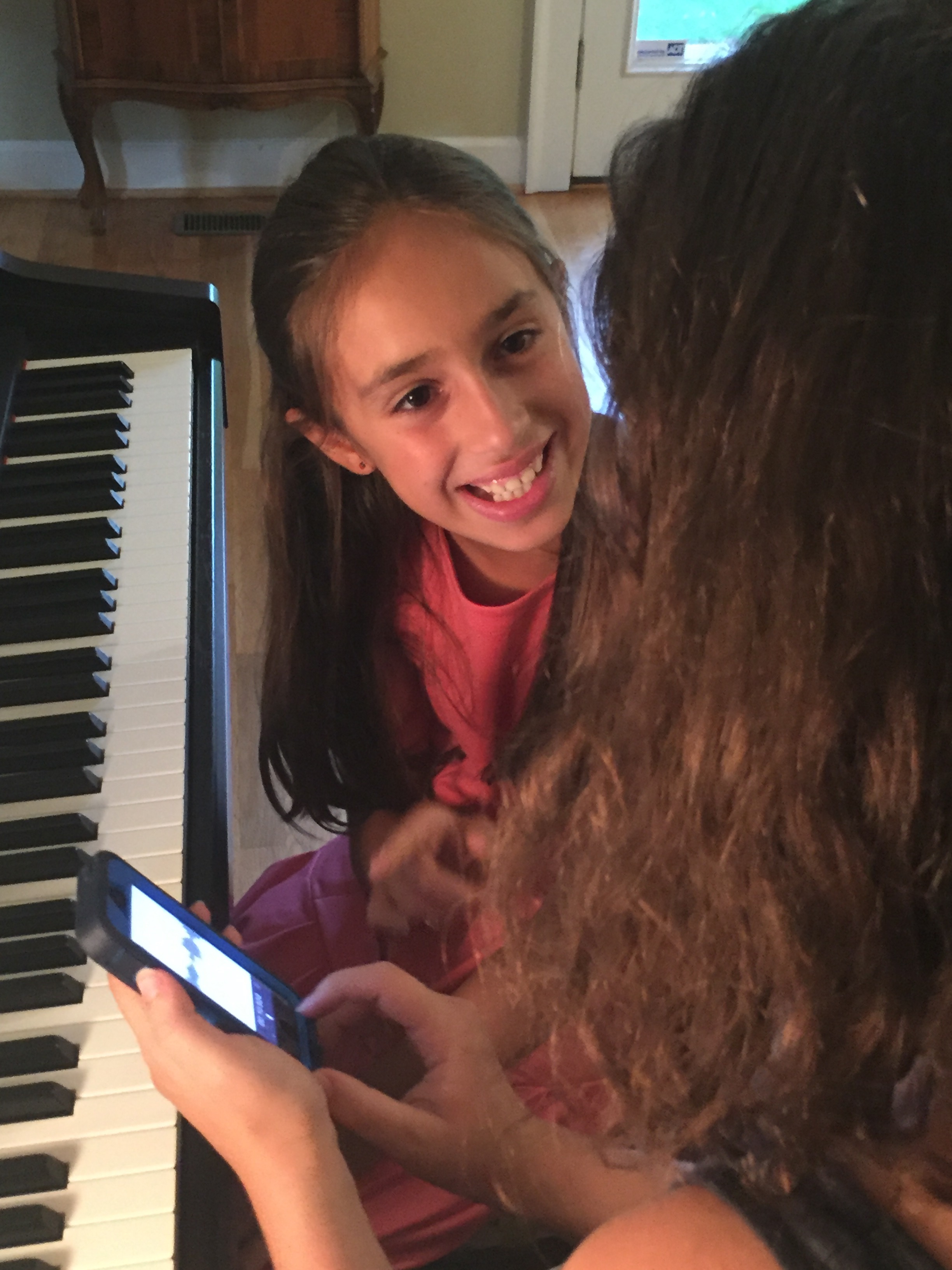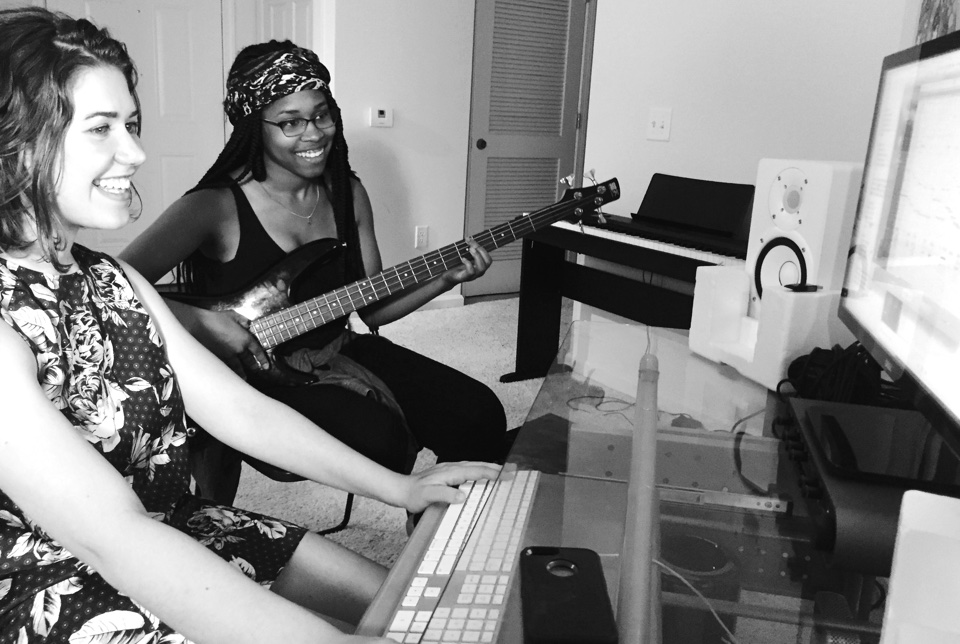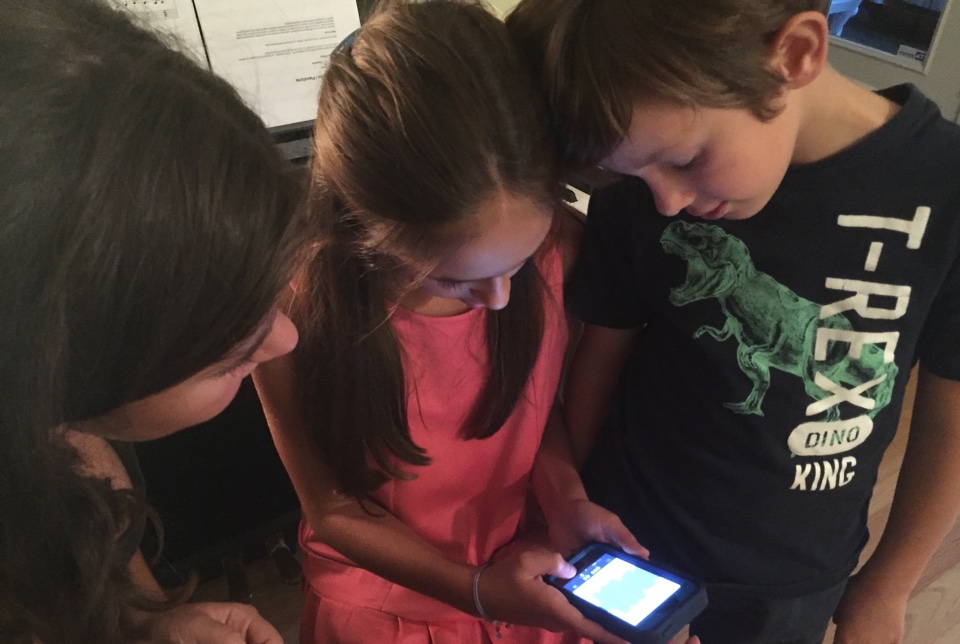Martina Albano’s age is deceptive given her musical experience and impressive accomplishments.
Originally from Italy, Martina moved to the US to attend Berklee College of Music. Now, only two years out of school, she is a professional mastering engineer and an active songwriter in Atlanta’s indie/pop music scene. Some of her credits include Nate Butler, Theo Croker, Olivia Castriota and numerous albums from China and Italy.
Following Berklee, Martina assisted LA film composer, Nima Fakhrara, with a design project (game sound library) for "Resident Evil: Revelations 2". And outside the studio, she taught at the performance-driven School of Rock in addition to teaching her own private students spanning the ages from six to 50 years old. Martina is currently teaching at the Callanwolde Fine Arts Center in Atlanta, GA.
After discovering Capo, Martina began incorporating it into her own songwriting and performing but then quickly discovered the many ways Capo adds value when teaching.
